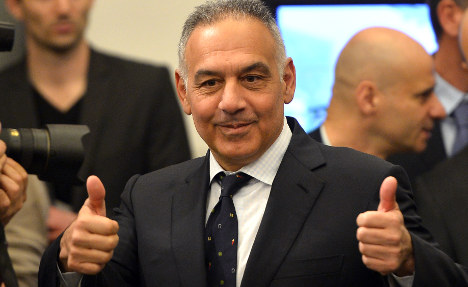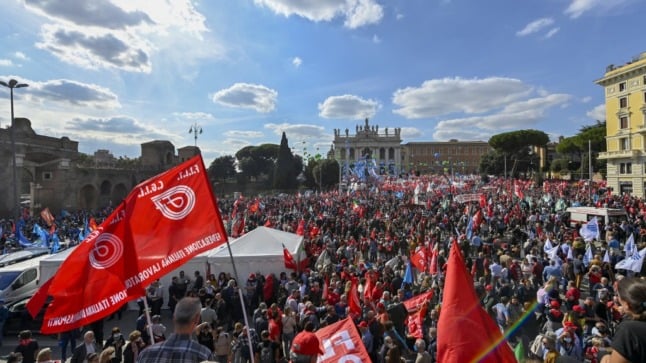Unveiling the project at a media briefing attended by project partners and city council representatives, club president James Pallotta said the project, three years in the planning, was “an historic milestone for the City of Rome and AS Roma”.
“Mayor Marino and his staff have been challenging us along the way to make the project better and I believe we've done everything we could to make Tor di Valle-Stadio della Roma a new safe, connected, exciting and sustainable epicenter that will allow a better way to live in the city and trigger economic development in the area, with AS Roma and the new stadium serving as the anchor for many generations to come,” Pallotta said in a club statement.
“We all look forward to playing in AS Roma's new stadium. The fans deserve this new stadium and it will be a key driver for the club's continued success.”
Calling the project “one of the most important privately-financed projects of urban regeneration in Europe”, the project features a 52,500-60,000 seater stadium, a business park, a centralized entertainment district convivium and green areas.
It is expected to cost “approximately €1.1 billion”, according to the club, and would “ensure that this sports, commercial and entertainment complex is a lasting and viable new addition to Rome's most enduring landmarks”.
Mark Pannes, CEO of Stadio della Roma, said: “Tor di Valle-Stadio della Roma is a project that will reboot the spirit and energy of the great city of Rome and its citizens.
“We expect to create at least 12,000 new jobs and many opportunities for local companies. We're proud to be leading this world-renowned development and to date we have committed a €55 million total – €30 million direct domestic investment – in pre-construction work.
“Over the next few years, we're primed to expand that investment to an additional €1.1 billion for the construction of the entire master site.”
Many of Italy's football stadiums are old and out of date compared to those of European contemporaries, and violence and lack of security at matches has led to a fall in attendances over the years.
Pannes added: “Security will be one of key features of the project as we want to create a safe and family-friendly environment for fans and visitors.”
In another boost for fans, the venue would be accessible by several transport modes and links, “including pedestrian and vehicular bridges, Metro B, Roma-Lido and Roma-Fiumicino railways”, added the club statement.
Roma, who currently share the Stadio Olimpico with city rivals Lazio, finished runners-up to Juventus in the 2014/15 Serie A season to claim an automatic place in next season's Champions League.






 Please whitelist us to continue reading.
Please whitelist us to continue reading.
Member comments